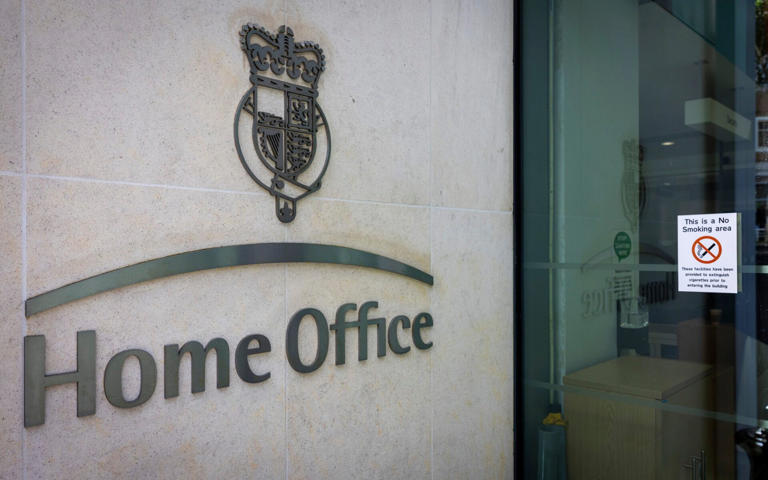A deeply controversial ruling has ignited public debate after a British immigration tribunal allowed a 44-year-old Ugandan-born man, identified only as MW, to remain in the United Kingdom despite his long criminal history and repeated drug offenses.
The man, who arrived in Britain at the age of six and was granted indefinite leave to remain, has amassed 42 criminal convictions over the course of his life. His record includes serious offenses such as robbery, assault, fraud, and drug trafficking, with multiple prison sentences spanning from the late 1990s through to 2017. Most recently, even while appealing deportation orders, he was again convicted of burglary and was awaiting sentencing.
The Home Office, citing his extensive criminal record, initiated deportation proceedings. Officials argued that MW posed a continued threat to public safety and had forfeited his right to remain in the country. However, MW mounted a series of appeals based on human rights grounds, claiming that his removal to Uganda would subject him to severe mental and physical hardship.
Among his claims was that he is gay and would face persecution in Uganda, a country known for its harsh anti-LGBTQ+ stance. While this argument was not upheld by the tribunal—who found no credible evidence that MW would be at risk on that basis—the panel was persuaded by his deteriorating mental health condition and a lack of support systems in Uganda.
MW, who suffers from post-traumatic stress disorder, diabetes, and opioid addiction, was described by the judge as a deeply vulnerable individual. According to the ruling, deporting him would likely lead to a significant decline in his mental well-being, possibly worsening his addiction and rendering him incapable of securing housing or employment in a country he no longer knows.
The court acknowledged that MW had lived in the UK for nearly four decades, and that his ties to Uganda were almost nonexistent. The judge concluded that the public interest in deportation was outweighed by the human rights implications, especially in light of his health vulnerabilities and lack of familial or community support in Uganda. These factors, the tribunal held, made reintegration practically impossible and posed a serious threat to his survival if returned.
Although the Home Office was granted leave to appeal the decision, a higher court later upheld the original ruling, thereby confirming MW’s right to remain in Britain. This decision has been met with mixed reactions across the country.
Legal experts and human rights advocates see the ruling as a necessary recognition of the UK’s obligations under Article 8 of the European Convention on Human Rights, which protects the right to family and private life. They argue that even individuals with criminal histories retain fundamental rights, and that MW’s physical and mental condition placed him in a uniquely precarious position.
However, critics have strongly condemned the decision, accusing the judicial system of being too lenient and failing to protect law-abiding citizens. Some have argued that allowing a man with such a significant record of criminal activity to remain in the UK sends the wrong message about accountability and justice. Others believe that it reflects a broader systemic failure to enforce immigration controls effectively.
The case has stirred renewed conversation in political circles about the balance between justice, public safety, and compassion. One former MP publicly questioned whether the government’s deportation powers are too constrained by international human rights frameworks, especially in cases involving repeat offenders.
While MW’s legal battle may have concluded, the debate it has sparked is far from over. The tension between public security and individual rights continues to test the UK’s immigration system—especially in cases that dwell in moral grey areas where the line between protection and accountability becomes blurred.
This case now stands as a landmark in British immigration law, likely to be cited in future deportation appeals involving vulnerable individuals with criminal backgrounds. As the nation grapples with this complex issue, questions remain over how justice and humanity can coexist in an increasingly polarized and high-stakes legal environment.



